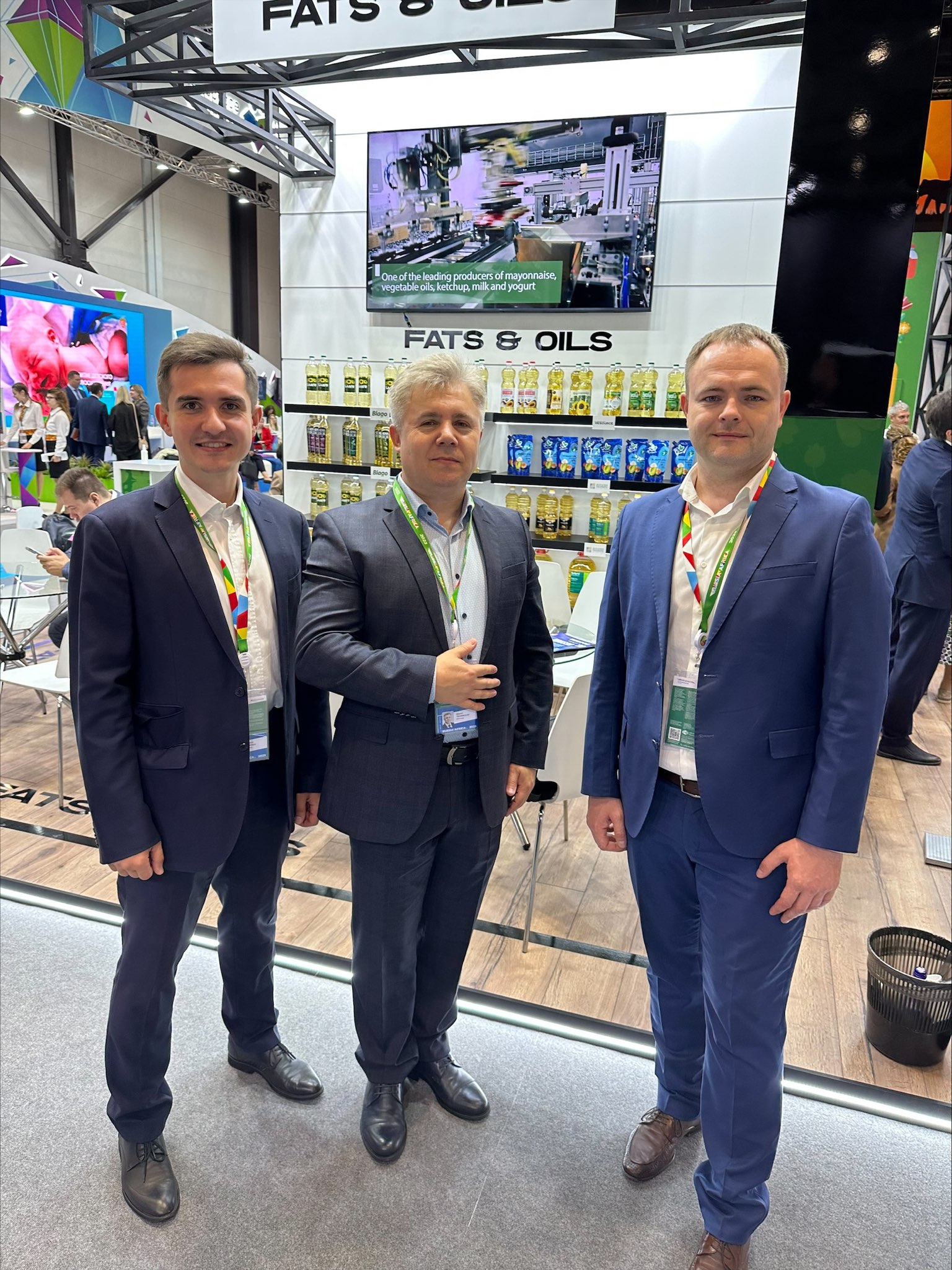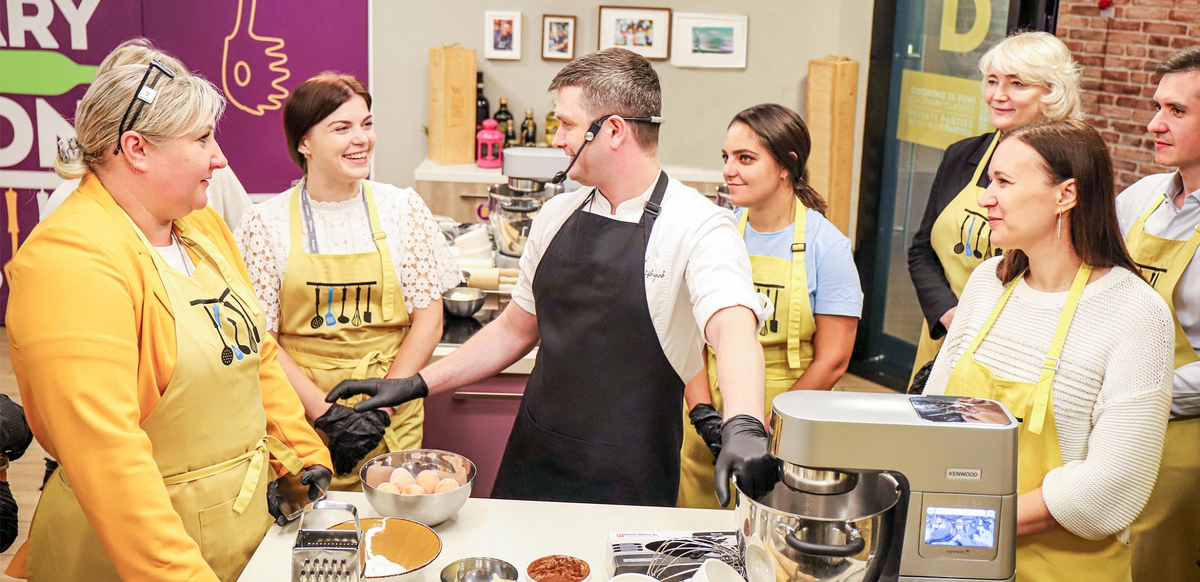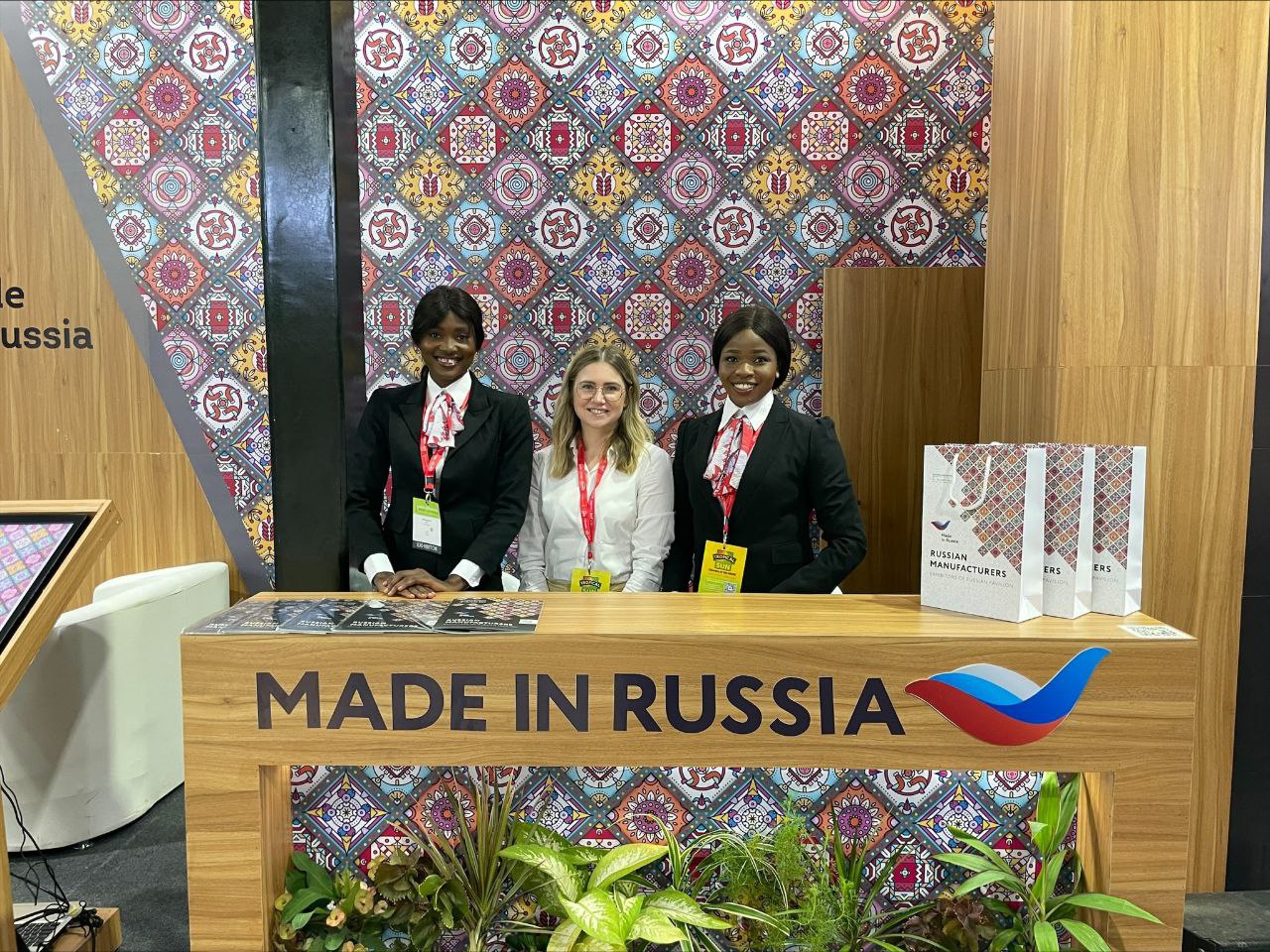“Even a lion can be tied with threads if you weave them. Our job is to weave our economies together.” "You never know what you can do till you try". This is not a collection of proverbs from different countries. This is a dialogue between Russian and African speakers during the Russia-Africa Economic Forum. The oil and fat division of EFKO presented its products at the event and held negotiations with suppliers of exotic raw materials.
July 27-28. Saint Petersburg. More than 50 exhibition stands. Over 25 companies from various sectors of the Russian industry.
The Russia-Africa Forum is a unique event in relations between the two regions.
Africa is developing rapidly and is rapidly gaining geopolitical weight. Today it is the world leader in terms of population growth. As a result, the demand for food is growing. The forum gives manufacturers the opportunity to take cooperation to a strategic level.
During the business program, speakers discussed the opportunities and risks of doing business in Africa, Russia's export potential, new logistics routes, and much more.
“Africa is of interest to the EFKO Group of Companies as a market for specialized fats and margarines, as well as a supplier of exotic raw materials that we purchase for the production of unique ingredients for the confectionery industry,” said Anna Lebedenko, Oil Equivalents Director fat-and-oil division cocoa.
There are certain barriers that still hinder the establishment of a strong partnership. One of the main problems today is the lack of a single center that would coordinate the promotion of Russian business on the continent. Also, logistics chains have not been rebuilt - while delivery is carried out through transshipment.
“Now we need support measures from states, the development of logistics, the regulatory framework in order to create an appropriate infrastructure that can ensure stable trade relations”, - said Eduard Tsuverkalov, export development director. b>
In June, the oil and fat division already presented its products at the largest food exhibition Food&Beverage West Africa 2023 in Nigeria, and also took part in the conference of the global shea butter alliance in Côte d`Ivoire.
“We are used to talking about Africa as a single state, but still, the countries represented on the continent are very different, each of them has its own characteristics, complexities and nuances of work that we still need to study, – Nadezhda Kornienko, the division's leading analyst, summed up. - Such events really help to orient and get a vector for further understanding of the opportunities of the oil and fats market in African countries. We hope that another brick in the understanding of our potential strategic partners was laid at the forum.”



